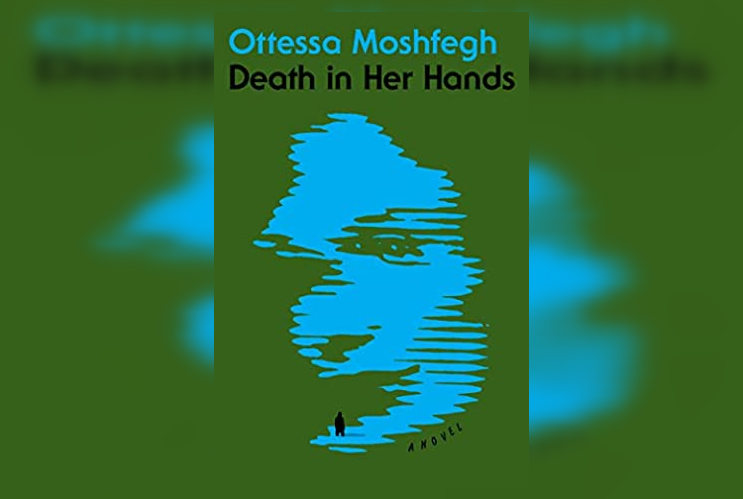The thing about telling a story—any story—is that you inevitably find yourself defending it before an audience. This is true of board room discussions, it is true of testimonies. And it is true of writing. If you’re lucky enough to escape the travails of workshops or writer’s rooms unscathed, you’re confronted with well-meaning readers who ask you, in a room full of people, to defend your fiction.
The question raised a couple years ago, at a Politics and Prose reading of Ottessa Moshfegh’s My Year of Rest and Relaxation was, “Why do you think readers find your writing so hostile?” This was asked by a woman named Eileen who picked up a copy of Moshfegh’s first novel because she shared a name with its eponymous character. So, Eileen brought Eileen to her book club, and found that her peers were disgusted by Moshfegh’s characters, by their picking of noses, their putting of fingers in places they shouldn’t have been. “It felt,” Eileen said, “like a violation of a social contract.”
It is true that Moshfegh has come to be known for writing gross and viscerally complicated women in the past (lest we forget the dead field mouse in the glove compartment of Eileen’s Dodge Coronet). Her latest book, Death in Her Hands, is no different.
In Death, a 72-year-old widow named Vesta sells her house after her husband’s funeral, and leaves for a rustic cabin on a lake in Levant. She hears talk of her neighbors discussing her departure. They say she took off quick, too quick, like a thief in the night. But Vesta knows this isn’t true, and she tells the reader so: I was a good woman. I deserved some peace at last.
And Levant’s peaceful, sure. There’s not much to do. In the name of recreational activities, there are only two options: drinking, and driving over to the next town to go bowling. The only books at Levant’s Goodwill are about knitting and World War II.
It makes sense then, when Vesta comes across a note in the woods one day—a note that suggests a woman named Magda has been killed—she lets her imagination take the lead on the investigation. It’s strange what the mind will do. Moshfegh knows this, and allows her narrator to spiral with a nourishing bout of encouragement.
As with Moshfegh-ian characters past, what’s remarkable here is the treatment of a narrative: Vesta seems at once out-of-sorts and yet only a filter removed from our consciousness. She is a dreamer with leftover ambition, a person who had once been loved, in love; someone who shared a mind and bed with another until she didn’t. Vesta is a woman in mourning, a woman in denial. She does the things we think of doing, but decide against. She ascribes whole personalities to people who probably don’t exist. She imagines the details of a murder that, more likely than not, never happened.
In an early chapter, Moshfegh describes the note Vesta discovers: “If not a prank, the note could have been the beginning of a story tossed out as a false start, a bad opening. It’s a dark damning way to begin a story: the pronouncement of a mystery whose investigation is futile.”
There’s a defensive slant to the prose, a problem that Moshfegh writes into the book itself: “Nobody will ever know who killed her. The story is over just as its begun.” It’s interesting to consider this, given the writing process for the book which Moshfegh discussed with Columbia Journal last year:
“I wrote Death in Her Hands in a way I had never written before. Every evening, I wrote a thousand words. I had no plan, and I never looked back at what I had written. I just pushed forward. It was such a different process, because my usual method entails drafting and revising and moving and rewriting and obsessing over every move.”
This idea of requisite improvisation runs as an undercurrent through much of Death in Her Hands, as Moshfegh captures the interiors of a woman without a plan. She writes her problem narrator in clean, crisp sentences; with command and control. She writers a version of us that is us, but freer.
In response to the question Eileen asked Moshfegh at the reading—why some readers find her writing hostile—the author said, “I think a lot of people read to get out their body, and it annoys them to be reminded that they have a one. People are uptight, and they don’t like when they’re willfully made uncomfortable.”
She’s right. Death in Her Hands makes readers feel willfully uncomfortable, unwilfully human, and potentially insane.




